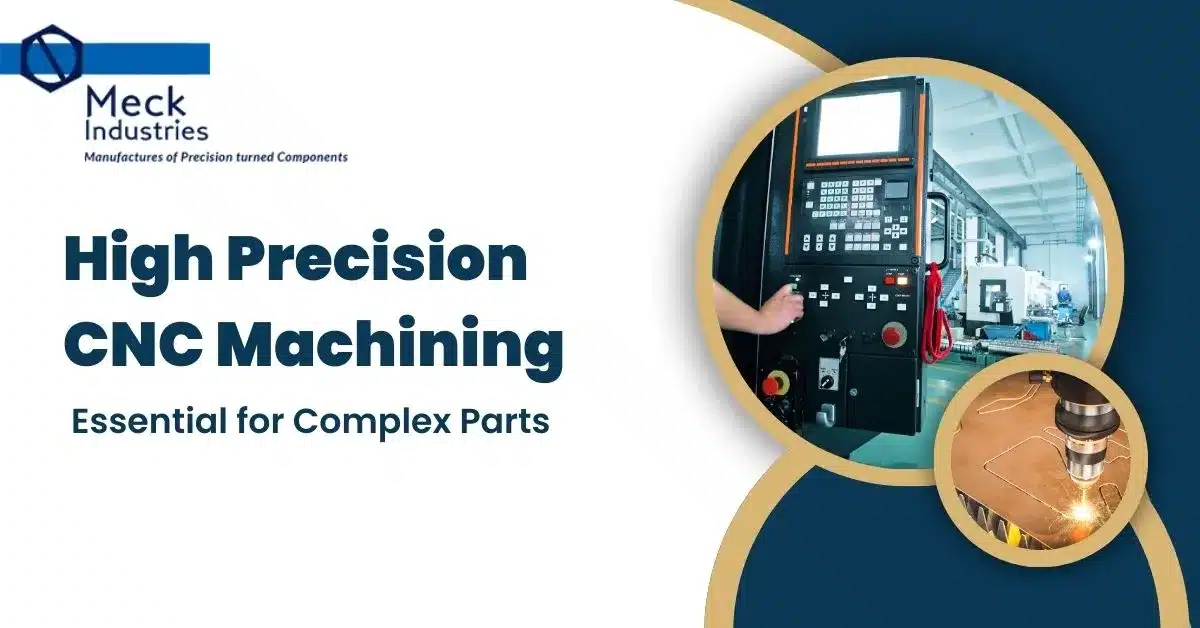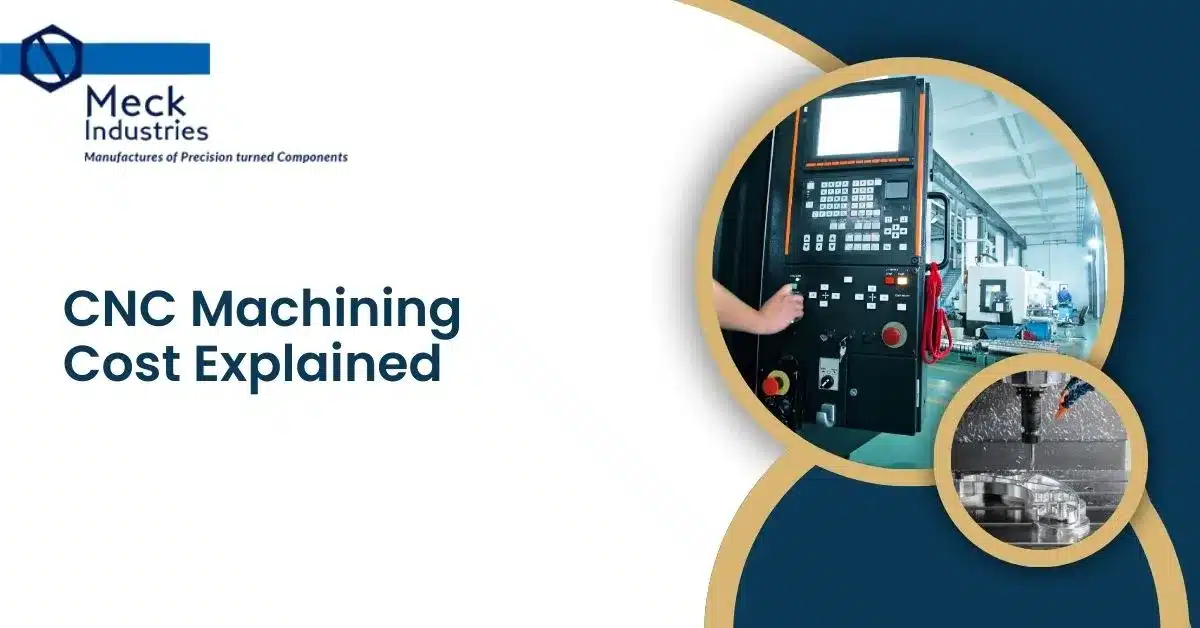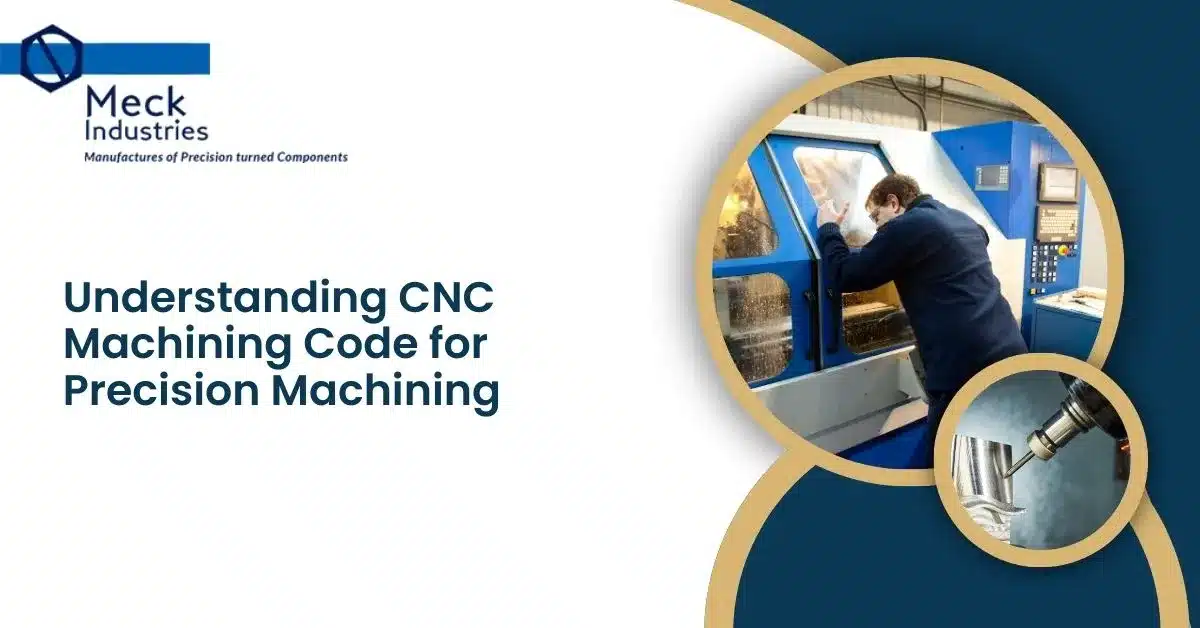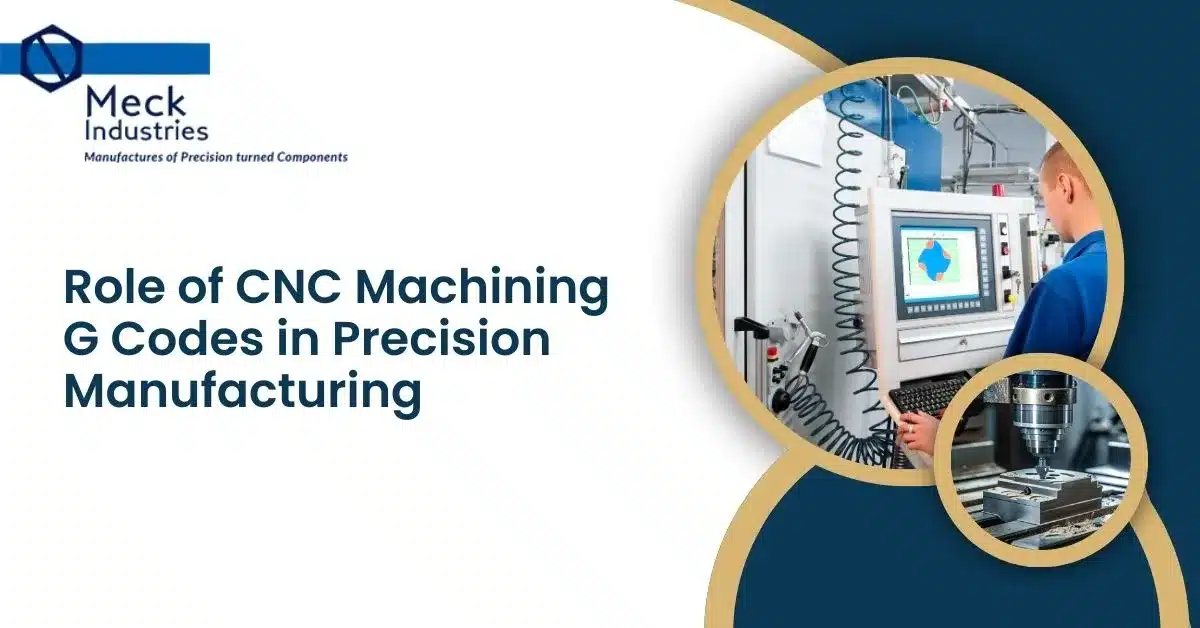
In today’s era of advanced engineering and manufacturing, the demand for high precision CNC machining has surged across industries like aerospace, automotive, medical devices, and defense. As designs become more intricate and tolerances tighter, conventional methods no longer suffice. CNC (Computer Numerical Control) machining provides the exactness required to produce complex parts with exceptional accuracy and repeatability. This precision is not just a convenience—it’s a necessity in critical applications where even the smallest deviation can lead to functional failures.
What Is High Precision CNC Machining?
High precision CNC machining refers to the process of manufacturing components using automated, computer-controlled tools that operate with extreme accuracy—often to tolerances as tight as ±0.0001 inches. These machines interpret digital blueprints (CAD/CAM files) and perform precise cutting, drilling, milling, and turning operations.
Modern CNC systems can work with a wide range of materials including metals (aluminum, titanium, steel), plastics, and composites. This makes them ideal for industries that demand intricate geometries, complex surface finishes, and minimal margin for error.
Common CNC Machine Parts
To understand how CNC machines deliver such precision, it’s essential to know their main components:
- Spindle: Holds and spins the cutting tool at variable speeds, enabling precise material removal.
- Chuck or Tool Holder: Secures the cutting tools or workpieces during operation.
- Control Panel: The interface where operators input program data and monitor performance.
- Servo Motors & Drives: Enable accurate movement of machine axes (X, Y, Z).
- Guideways & Bearings: Ensure smooth, precise tool and table movements.
- Coolant System: Reduces heat buildup and helps maintain tool life and accuracy.
- Tool Changer (in automated machines): Automatically switches tools during a job for multi-step operations.
Each of these CNC machine parts contributes to achieving micron-level precision, allowing the machining of detailed geometries and tight tolerances.
Why Precision Matters for Complex Parts
1. Tight Tolerances for Critical Applications
Complex parts used in aerospace engines, surgical tools, or automotive transmission systems often require tolerances so tight that only CNC machines can meet them. Even a few microns off-spec can compromise performance or safety.
2. Repeatability in Mass Production
In high-volume manufacturing, consistency is just as important as accuracy. CNC machining ensures each unit is produced identically, reducing defects and ensuring quality across batches.
3. Complex Geometry and 5-Axis Capabilities
Modern 5-axis CNC machines allow for the creation of complex shapes that would be impossible with manual machining. This includes undercuts, compound curves, and multi-surface operations—all achieved without re-clamping, reducing error and saving time.
Need Custom CNC Machine Parts? Let’s Build Precision Together. Contact us Now
Advantages of High Precision CNC Machining
- Increased Efficiency: Faster production with reduced need for post-processing.
- Reduced Human Error: Automation eliminates inconsistencies found in manual operations.
- Scalability: Easily transition from prototype to production.
- Cost Savings: Less waste material, fewer rejected parts, and lower labor costs.
Industries That Rely on CNC Precision
- Aerospace: Jet engine components, navigation parts.
- Medical: Orthopedic implants, surgical instruments.
- Automotive: Gears, pistons, transmission systems.
- Electronics: Micro components, connector housings.
- Defense: Weapon components, drones, communication devices.
Conclusion
As part complexity and performance requirements continue to evolve, high precision CNC machining is no longer optional—it’s a cornerstone of modern manufacturing. From improving safety in aerospace to saving lives in the medical field, CNC technology ensures that every component functions exactly as designed. Investing in CNC machining not only enhances production accuracy but also strengthens product reliability, reputation, and customer trust.



